It’s half an hour before lights out when my dad arrives at my bedroom door holding Roald Dahl’s Danny the Champion of the World. He kicks off his shoes, loosens his tie and wedges himself next to me in my small single bed, his toes waggling in their socks as they regain freedom after a long day in the office. In the evening he smells of the menthol toothpicks he always carries in his top pocket (in the morning, when he drops me off at school, he smells of the spicy pink toothpaste which I once tried and which burned the roof of my mouth). I lie with my head resting in the crook of his arm as he flicks the book open to the first page, clears his throat, making his Adam’s apple bob, and starts reading: “When I was four months old, my mother died suddenly and my father was left to look after me all by himself…”
Being a man of few words, he borrowed them from others. And it was a kind of magic trick
When people ask me why I became an author, I always scroll back to this scene. I could tell them that it was also because my mother had died suddenly, when I was three and a half, leaving my older sisters and me unmoored in a frightening new world in which stories became my escape. That would be true, too. But my mind always tugs me back to these moments with my father at the end of the day, squashed up in bed as he drew pictures in the air with his deep reading voice.
The green walls of my bedroom would fade away and we became other people in faraway worlds: Danny and his father picking their way through the forest as they went to outwit the greedy Victor Hazell by drugging and poaching all of his pheasants. Or the impoverished Sylvia and her rich cousin Bonnie from The Wolves of Willoughby Chase, speeding through the frozen countryside in a train as the wolves howl around us.
I see now that these nightly rituals did much more for me than instill my love of reading and story-telling. My father was a South African businessman who had lost his young wife abruptly to a brain tumor, leaving him with three little girls and not much idea of what to do. Like the father in Danny the Champion of the World, my dad was an “eye-smiler” with twinkling eyes. We never doubted he loved us. But he wasn’t given to expressing his emotions, much less talking to us about grief and loss, his or ours. Making sure he raced home from the office every day to read to us individually was his way of parenting us during a time I now understand is every father’s worst nightmare.
Being a man of few words, he borrowed them from others. And it was a kind of magic trick. Because, looking back, I realise that it wasn’t only that these were the times I felt most connected to my father, most loved and secure. I gained other parents, too. All of the books that swept me away were about children who had lost one or both parents. There was Mary Lennox in The Secret Garden and Sara Crewe in A Little Princess, and later Jane Eyre and Great Expectations, whose long words I would mispronounce when repeating proudly in class. Often they found strength in friendships or other parent figures, a strength gained through their adventures that let them stand on their own two feet and look after themselves.
The writers never spelt it out — they were far too good for that — but the absent parent was always hovering between the lines. The redemption at the end of the story was never explicitly about dealing with loss and yet it was always about that, too. When the story ended I felt a little stronger and wiser, inspired to be like one of the characters whose lives I had inhabited.
For as long as I can remember, I wanted to be someone who made up stories like this, too. Books that could look after people, stories that could have the effect of a good parent. But along with my dreams of being an author, there was always a parallel, more childish fantasy. One day I would write a book for my father, I would dedicate it to him. Over the years, during a string of false starts and dead ends in becoming a fiction writer, I never stopped secretly toying with the words to this imaginary dedication. What could I possibly say to thank the father who had become my whole world, who had saved us when the world went dark after our mother died? Like my father before me, I was lost for words.
These days my dad is ninety-three, and spends a fair amount of the day in bed. We have just started re-reading Danny the Champion of the World together, an illustrated version, with Quentin Blake drawings that he delights in. Now I am the one reading it to him, this magical, uplifting story about a father and motherless son whose bond becomes even closer when they embark on their daring heist. Being as old and powerless as my father now is must be its own version of a terrifying loss, and I hope that the story — not just the act of reading to him — is, in some way, parenting him back. And I’m glad that I finally found the words to dedicate my first novel to him, which sits above us on the shelf as we turn the pages together: “For Dad, who read to us, night after night.”
Kate Weinberg’s There’s Nothing Wrong With Her is out now.



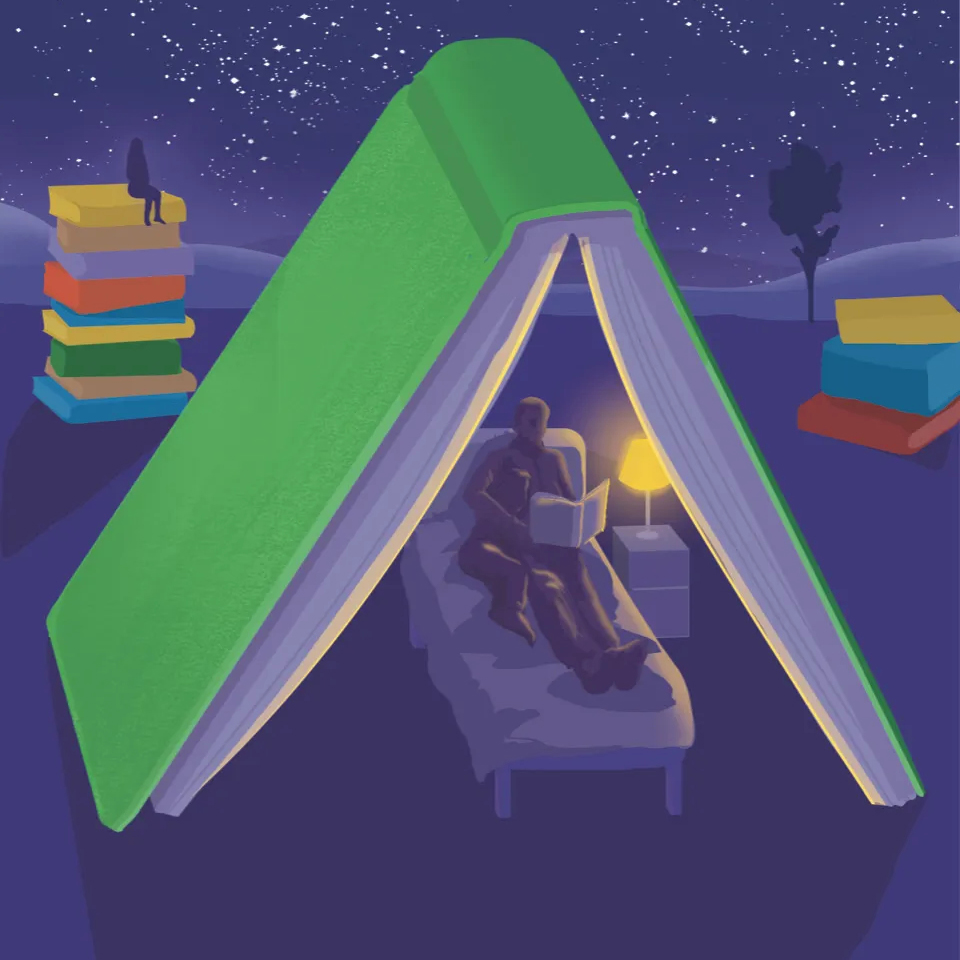








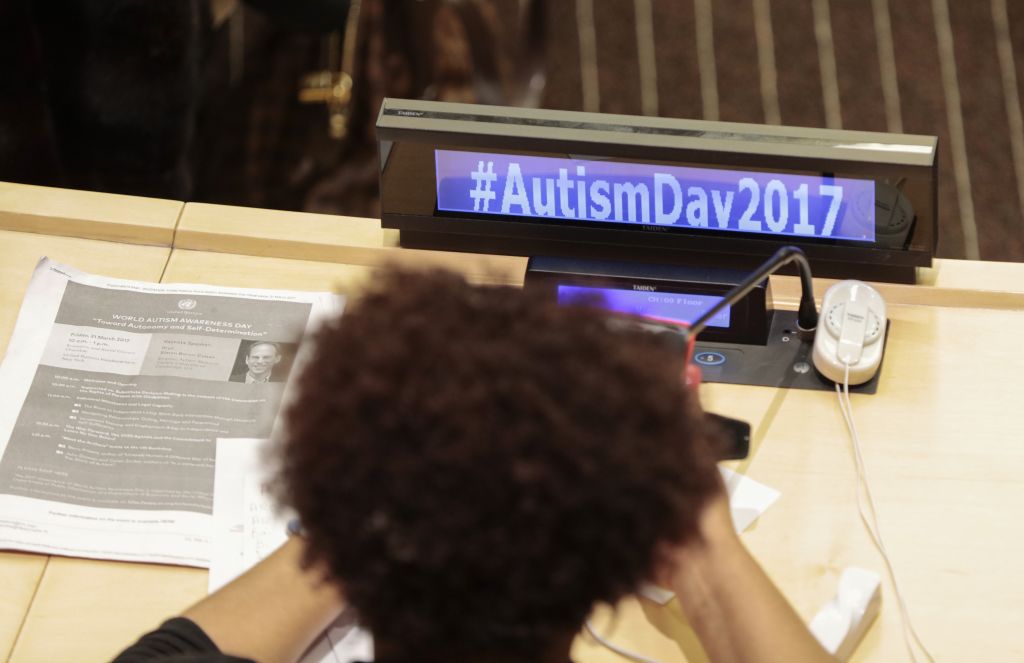
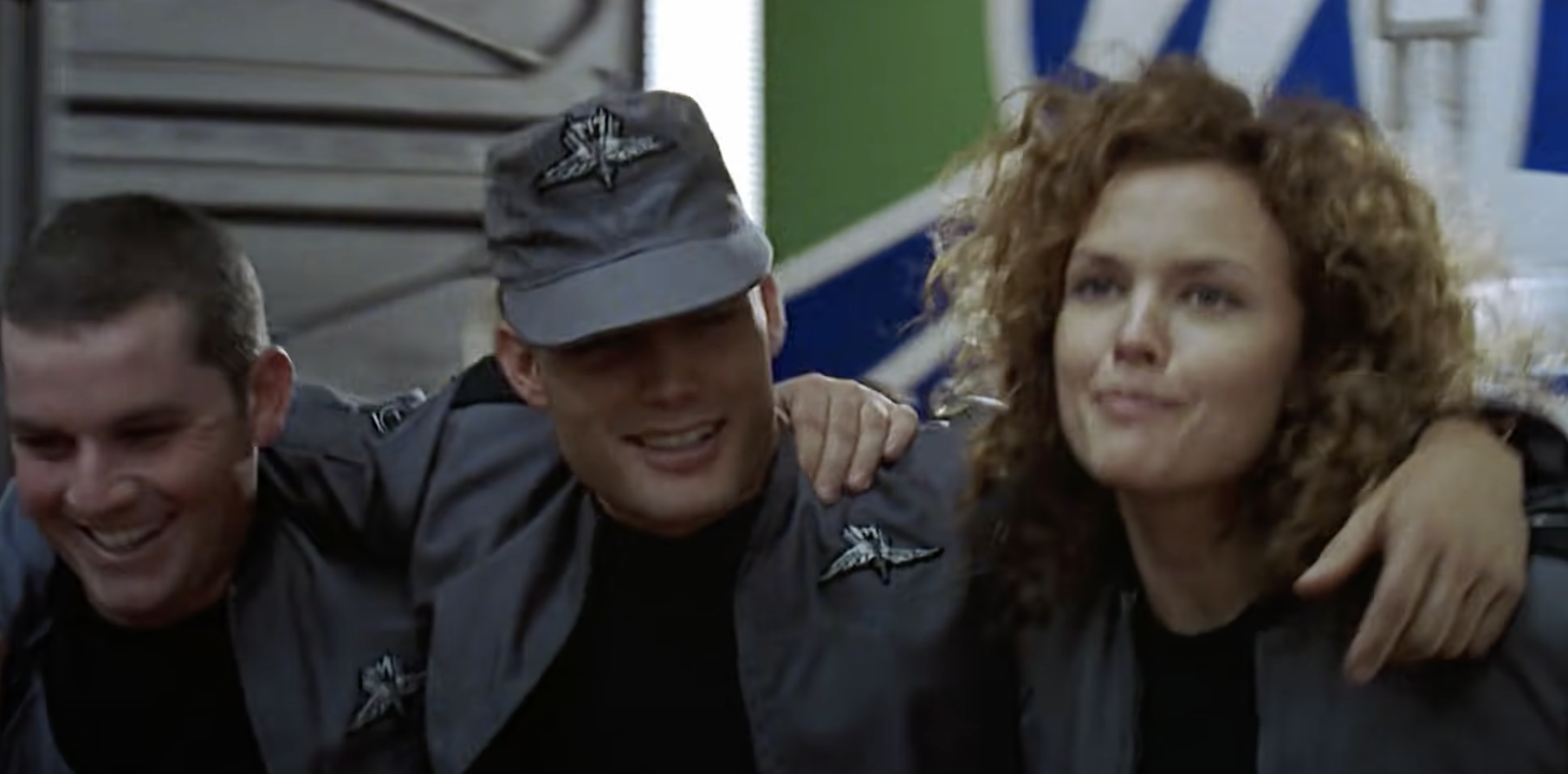







Leave a Reply